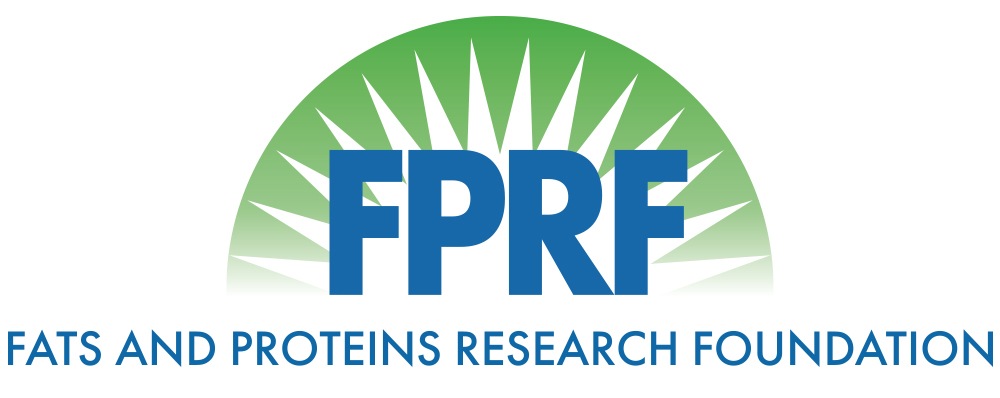High Fat Pre-starter Rations for Broilers
Title: High Fat Pre-starter Rations for Broilers
Principal Investigator: Jeffre Firman, University of Missouri
Keywords: turkeys, fat addition, pre-starter, Firman, 2015, yellow grease, nutrition, poultry
Year: 2015
Objective: This project was designed to determine if high fat pre-starter rations would improve initial bodyweight of chicks and if the increases seen would be maintained to market weight.
Lay Summary/Industry Summary: The rendering industry produces significant quantities of rendered fats. Yellow grease is widely available and in many cases the cheapest fat source available for animal feeding. A variety of other rendered fats are also available. Fat use by the broiler industry has gone down in recent years as the cost of energy has climbed and typical ME levels have been lowered. In many cases, levels of fat fed are quite low with even finisher rations containing less than 3% added fat. The turkey industry continues to feed reasonably high levels of fat with some finisher rations containing as much as 6-8% added fat. However, the initially high protein levels fed preclude high energy levels during the starter period as most protein ingredients are low energy. Feeding high fat diets in the pre-starter period may improve starting of poults (always a problem) as well as increase fat utilization by the turkey industry. We would not anticipate any changes in the fat use in later diets by either the broiler or turkey industry. This research, if successful, would provide data on a new practice that has the potential to increase the use of fat in pre-starter rations. This could be as much as 200,000 tons of fat usage yearly in the US.
Scientific Abstract: A 49 day experiment was conducted to test the addition of 6% or 8% yellow grease (YG) to diets of broilers during the 0-10 day or 0-14 day pre-starter period. Forty-eight pens of birds were fed one of 6 treatments to consist of a control (least cost addition of YG), 6% YG, or 8% YG, each fed to either 10 or 14 days. Eight replicate pens were used for each treatment arranged in a randomized complete block design with location as the blocking factor. Each pen contained 33 commercial strain broilers placed at hatch and raised to seven weeks of age. Diets consisted of commercial type corn-soy-DDGS-meat meal base and were adjusted to maintain a consistent relationship between energy and crude protein as well as amino acids. Birds were weighed and diets changed at 10 or 14 days, 17 days, or 35 days with completion of the trial at 49 days. Feed conversion was significantly improved by the addition of fat during the treatment period, a result of numerically higher body weight and reduced feed intake although neither was significant. Improved growth performance from the addition of fat during the treatment period did not result in improved performance at market, as no effects by dietary treatment were found at 49 days. Feeding a high plain of nutrition pre-starter ration to 14 days did improve feed conversion at 14 days. This effect was carried through to 49 days and similar body weights were observed. These results suggest the addition of high levels of fat in the pre-starter ration does not improve growth performance at 49 days.
Publications:
Birk, A.R., Johnson, C.A., and J.D. Firman. 2016. Effects of High Fat Broiler Pre-starter Rations on Performance and Cost. International Journal of Poultry Science. 15: 467-474. http://scialert.net/abstract/?doi=ijps.2016.467.474
